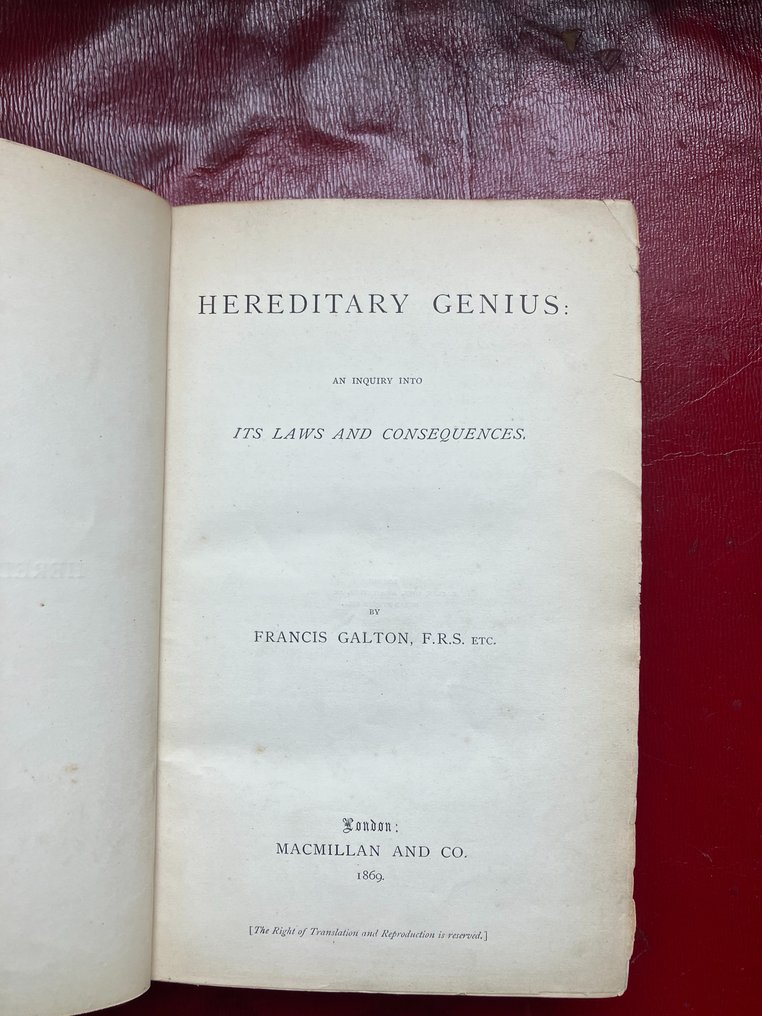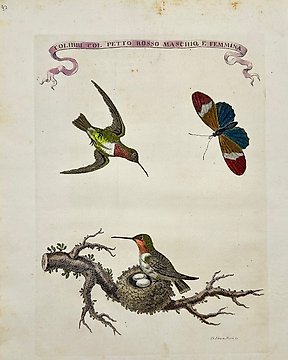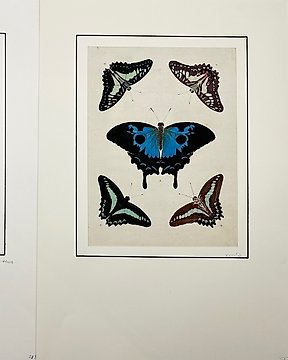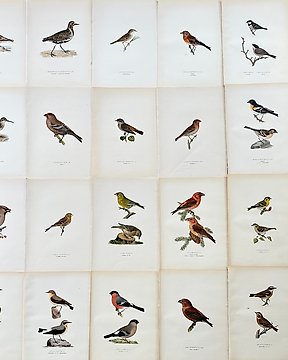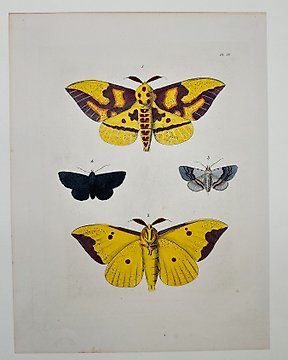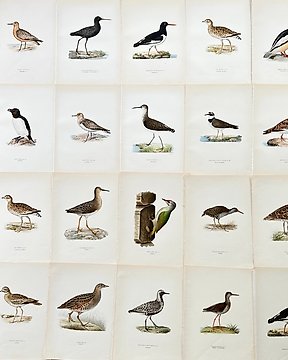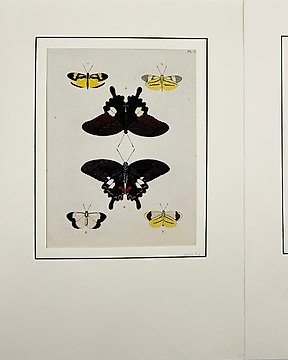No book, no money. Loss near 500 Euro. CATAWIKI Buyer Protection is a great FICTION!
Zobacz tłumaczenieWe experienced a problem here. The buyer was not at home to receive the book. For some reason or other, the book seems to have been returned. The buyer asked me to enquire with Colissimo, which I did. I asked him to help me by showing me an 'avis de passage' that is a note from the postal services to him, left when he was not at home. He refused this. I am sorry indeed, very sorry, to get a red mark -- my first -- but feel that I did all that I could. I certainly feel the frustration of the buyer. My apologies. Mike

